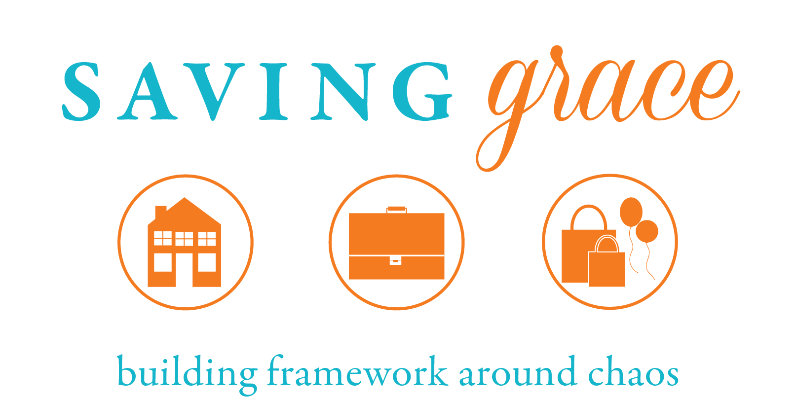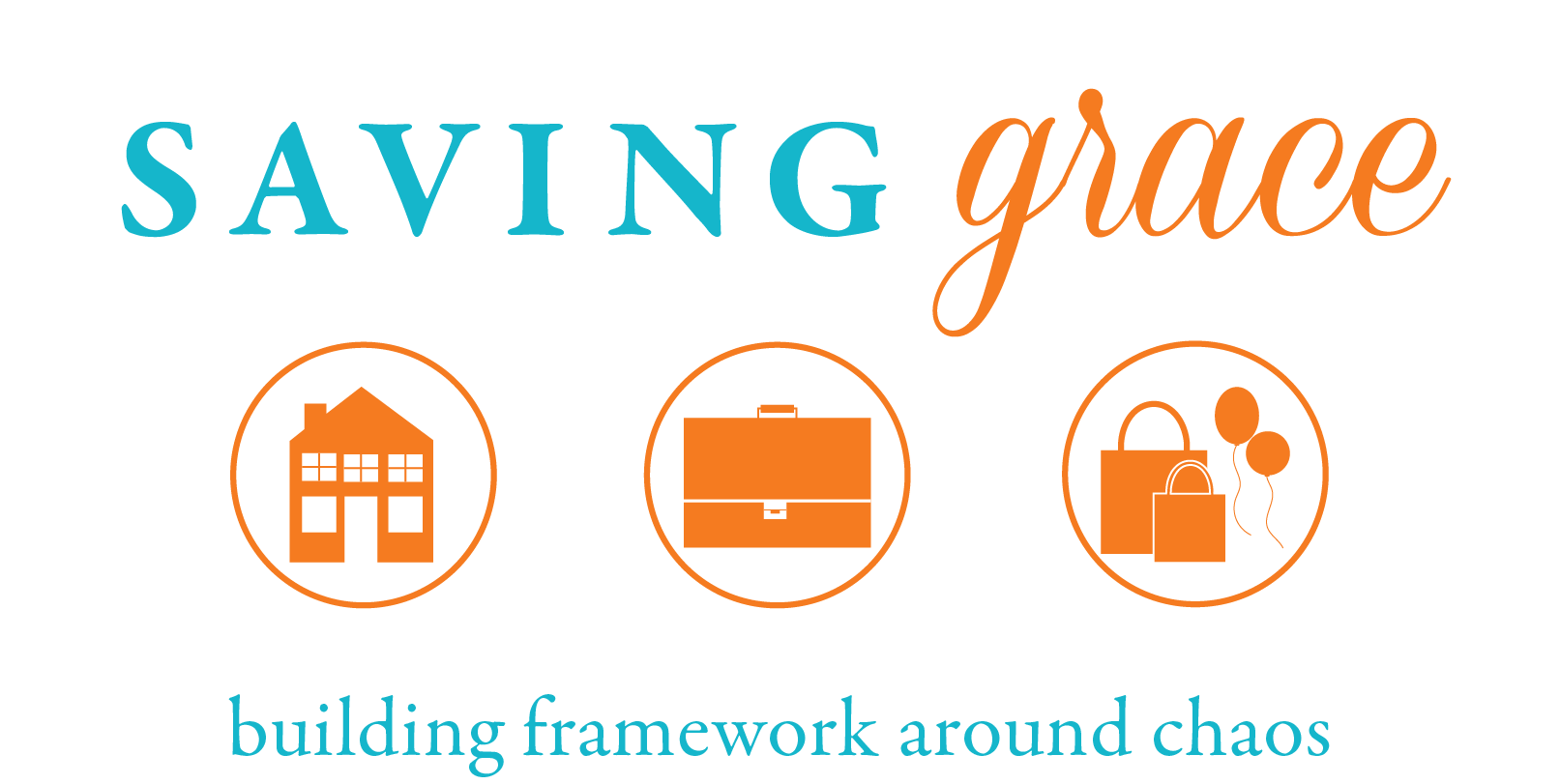According to the U.S. Department of Health and Human Services, by the year 2030, the number of elderly persons will be 72.1 million, which is more than twice the number from the year 2000. As our country’s population ages, more Americans must rely on health care professionals and family members for their daily care, especially the elderly who may have chronic conditions.
A 2009 report from the National Alliance for Caregiving reveals that caregivers spend an average of 20.4 hours per week providing care, with women providing the bulk of these hours. It’s no surprise then that this growing population of caregivers can face significant life changes themselves and major stress from the responsibility of being a caregiver to a family member or friend.
Add to this the complexities of dealing with sibling conflicts over your loved one’s care or well meaning but conflicting advice from other family members and it’s easy to see why caregiving is one of the most difficult jobs you may ever face.
If you are a caregiver, what are the best ways to avoid burnout?
First, recognize the benefit of taking a periodic break from caregiving to prevent depleting your own energy reserve. The Family Caregiver Alliance recommends that caregivers make time for “you” by eating healthfully, getting better sleep when possible, keeping regular appointments with your doctor or therapist, engaging in exercise, and taking time out to pursue hobbies.
All of these activities can help restore balance to your life and help you continue to feel joy and a sense of accomplishment unrelated to your caregiver role.
Secondly, be aware of the warning signs that you are becoming overextended: these signs may include irritability, sleep problems, and forgetfulness. You can’t be of much help to your loved one if you become ill yourself.
Online support groups exist for connecting to other caregivers who can offer emotional support.
Most importantly, ask for and seek out help. You may be surprised to find out how close help is, if you let others know you need it. Don’t hesitate to be specific with your requests for help, so others, who are usually eager to help but don’t know where to start, can easily come to your aid and that of your loved one.
For in-person support, a professional service such as the type that Saving Grace offers can help manage meals, transportation, social activities, and services as well as assist with other daily needs, taking a significant portion of the burden of caregiving off your shoulders.
Remember it isn’t selfishness to take time out from caregiving, it’s “self care”.






Leave A Comment